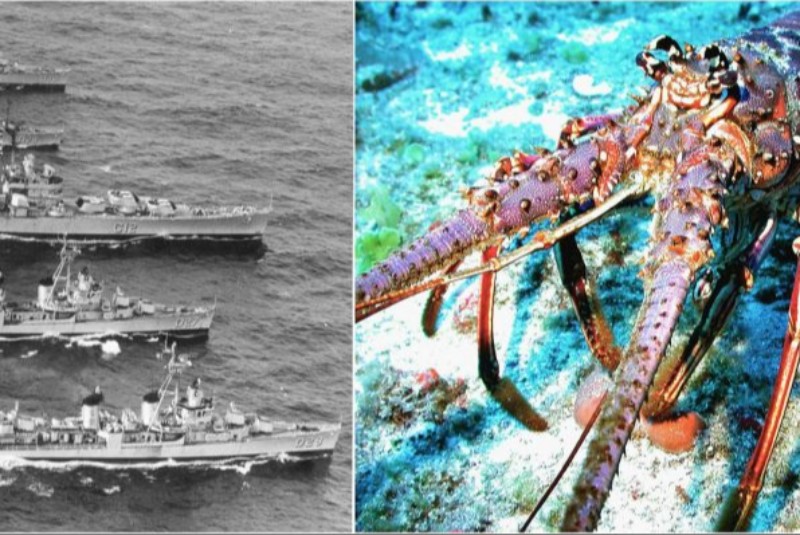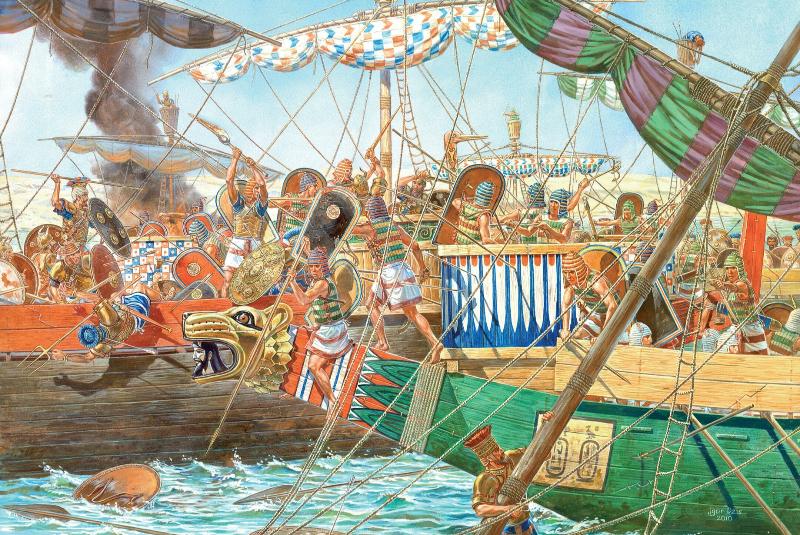The lobster, once disparaged as the "rat of the sea," has undergone a remarkable transformation in the public's perception. This crustacean's journey from despised to delicacy is a tale of economic shifts, changes in taste, and the peculiarities of social status. A commodity that can fetch a price anywhere between $12 to $30 per pound, depending on its quality, lobster epitomizes luxury dining. But its value and desirability have been the root of unexpected tensions on the global stage.
The lobster's story is not merely culinary but also political. One of the most striking episodes in the history of international relations involving this marine creature is the great lobster war of 1961—a conflict that brought two nations to the brink of a most unconventional war.

The Lobster War: A Clash Over Crustaceans
The roots of the lobster war lie in the successful fishing expeditions of French fishermen off the coast of Africa. Their success led them to venture westward in their quest for more lucrative catches, only to discover abundant lobster populations off the Brazilian coast. As they set up their nets and hauled in significant quantities of lobsters, local Brazilian fishers took notice with rising alarm. The prospect of competition, and potential exclusion from their traditional fishing grounds, drove them to lodge a formal complaint with their government, escalating a local dispute to a national concern.
The Brazilian response was swift and decisive. The Navy dispatched two corvettes to confront the French fishing vessels, demanding they relocate to deeper waters. The confrontation's crux was a disagreement over the nature of lobsters: Brazil argued that since lobsters crawled on the sea bed, they were part of its continental shelf and, by extension, its sovereign resources. The French rebutted this claim by arguing lobsters were capable of swimming, thus should be considered like any other fish that roamed freely in international waters.
The ensuing standoff was more than a mere disagreement over zoological classification—it was a clash over national pride, economic interests, and legal interpretations of maritime laws.
Diplomacy, Brinkmanship, and the Mobilization of Navies
With their livelihoods seemingly under threat, the French fishers appealed to their government for protection. This appeal did not fall on deaf ears; President Charles de Gaulle, perceiving an affront to French honor and economic interests, sent a destroyer and air support to guard the beleaguered fishermen. This act of defiance led to an intense period of brinkmanship. Brazilian President João Goulart issued an ultimatum to the French: leave within 48 hours or face the consequences. The French Navy's response was to simply ignore this directive.
What followed was a drawn-out, three-year skirmish that saw both nations teetering on the edge of direct military conflict. The tension reached its apex when the Brazilian Navy captured the French vessel Cassiopee, bringing the two countries dangerously close to an armed confrontation.
Seeking Resolution: The Path to Peace
However, the prospect of an actual war over lobsters, as unusual as it was, seemed to be a step too far for both countries. The dispute simmered down from potential military engagement to legal wrangling. Diplomacy took the forefront as the nations sought a peaceful resolution to their crustacean conundrum.
In the end, it was the law, rather than the cannon, that settled the Lobster War. Both France and Brazil agreed to a legal framework that would define the rights to the contested territory and establish the rules for fishing activities. This agreement effectively brought the Lobster War to a conclusion, setting a precedent for future maritime disputes and highlighting the complexities of international law when applied to the natural behavior and habitats of marine life.
The International Implications of the Lobster War
The Lobster War was not an isolated event; it was reflective of the broader post-World War II environment, where newly independent countries were asserting their rights, and established powers were defending their economic interests globally. The conflict between France and Brazil represented a microcosm of the shifting power dynamics of that era. For Brazil, it was about asserting sovereignty and control over its resources. For France, it was about maintaining economic interests and national pride abroad.
This conflict had implications for international maritime law, particularly the concepts of exclusive economic zones (EEZs) and the rights of continental shelves. These concepts were still in their infancy during the Lobster War but have since become cornerstone principles of international maritime regulations, as codified in the 1982 United Nations Convention on the Law of the Sea (UNCLOS).
The Aftermath and Legacy of the Lobster War
The Lobster War, despite its relatively peaceful resolution, left an indelible mark on the international community. It served as a reminder of how natural resources, seemingly insignificant in the grand scheme of geopolitical dynamics, can become flashpoints for international disputes. It underscored the importance of clear maritime boundaries and the need for equitable exploitation of the ocean's resources.
Moreover, the conflict had implications for the local fishing communities in Brazil and the economic operations of French fisheries. The Lobster War shaped the policies and attitudes toward fishing rights, sovereignty, and environmental stewardship for years to come. It remains a peculiar yet significant chapter in the annals of international relations, showcasing the intersection of ecology, economy, and national pride.
In contemporary times, the value and symbolism of the lobster continue to provoke thought and debate. Its journey from the ocean depths to the fine dining tables across the world tells a story of transformation, controversy, and ultimately, reconciliation. As we enjoy the rich, succulent flavors of lobster, it's worth pondering the tumultuous history and the delicate diplomacy that once swirled around this gourmet crustacean. The Lobster War serves as a historical footnote that illustrates the lengths to which nations will go to protect their interests, even if it involves the unlikely subject of lobsters crawling along the sea floor.
The lobster, thus, is not just a treat for the palate; it's a creature that has played a part in shaping human history in its own right. The Lobster War of 1961 may be a curious incident of the past, but the issues it raised remain relevant in today's discussions about maritime law, national sovereignty, and the sustainable harvesting of the ocean's bounty. It's a narrative that continues to resonate, informing and reflecting the complexities of our relationship with the natural world.




